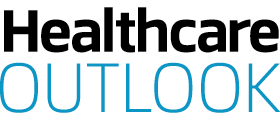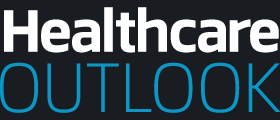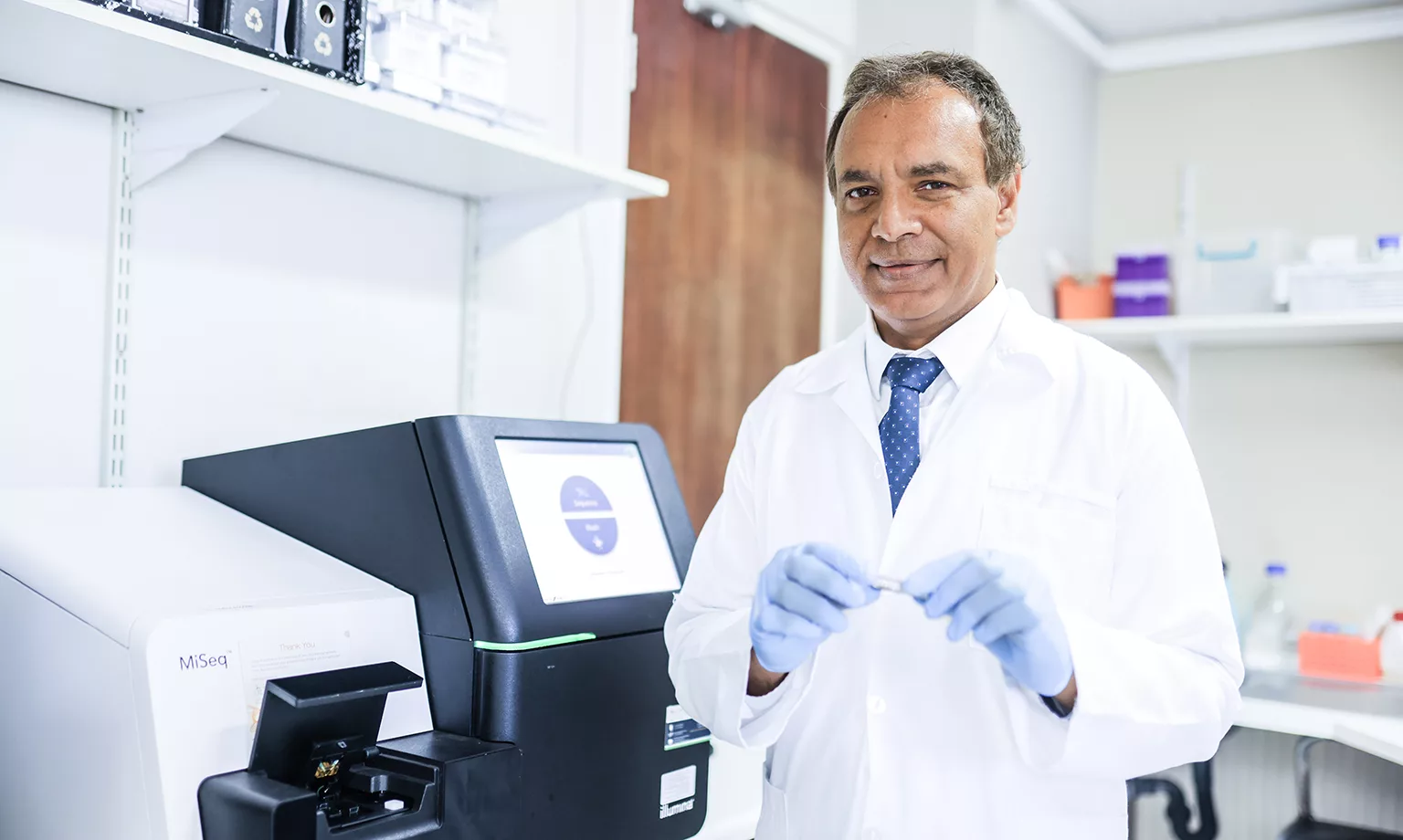Internationally distinguished for its research, high academic standards, and commitment to social justice across Africa and beyond, the University of the Witwatersrand in Johannesburg, South Africa boasts over a century of innovation and education. We speak to Shabir A. Madhi, Professor of Vaccinology, to learn more about this elite institution.
AN EPICENTRE OF KNOWLEDGE
With a footprint that extends beyond its globally acclaimed lecture theatres and research laboratories, the University of the Witwatersrand (Wits University) boasts a time-honoured legacy that has made a formidable impact on society over the course of its monumental 102-year history.
Having maintained a reputation of excellence by consistently providing quality higher education and asserting itself at the forefront of innovation, the university has proven critical to the transformation of South Africa (SA) through its teaching, research, and societal engagement.
“Our Health Sciences faculty at Wits University was established in 1922 and is regarded as one of the most reputable institutions for health sciences education in sub-Saharan Africa,” proudly opens Professor of Vaccinology, Shabir A. Madhi.
With a faculty that prepares students for a future in the healthcare sector worldwide, the university offers undergraduate degrees in dentistry, medicine, medical and health services, nursing, occupational therapy, physiotherapy, and pharmacy, alongside graduate medical and physiotherapy programmes, master’s degrees in science and medicine, and a PhD programme.
“Our teaching programmes are student-centred, internationally recognised, socially responsive, and exemplify excellence in all dimensions. More than 1,200 professionals graduate annually and are sought-after nationally, regionally, and globally,” details Madhi.
The institution consists of seven different schools within the faculty, namely Clinical Medicine, Public Health, Therapeutic Sciences, Pathology, Oral Health Sciences, Physiology, and Anatomical Sciences, alongside several divisions within each school, making it the largest faculty in the university.
Additionally, a number of programmes for training the next generation of academics are provided through the faculty.
One such programme is the Consortium for Advanced Research Training in Africa (CARTA), a multi-disciplinary initiative aimed at growing professional, academic, and research capacity in the continent through the field of public health.
The focus of CARTA’s Pan-African research includes reproductive health and sexuality alongside killer diseases in Africa, most notably tuberculosis, HIV, and malaria.
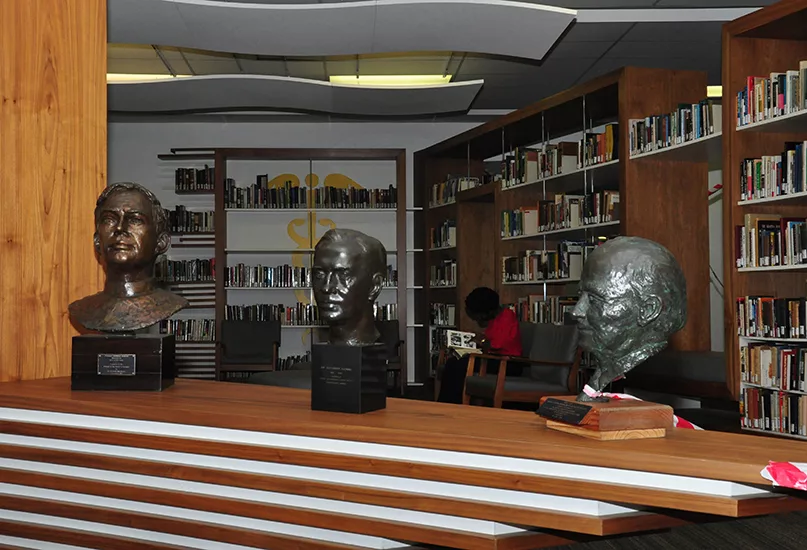
A WORLD-CLASS HEALTH SCIENCES FACULTY
Alongside holding the title of Professor of Vaccinology, Madhi is the Dean of the Faculty of Health Sciences, Director of the South African Medical Research Council Vaccines and Infectious Diseases Analytics (VIDA) Research Unit, and co-Director of the African Leadership in Vaccinology Expertise (ALIVE).
Having completed both his Bachelor of Medicine and Bachelor of Surgery (MBBCh) degree and PhD at Wits University, Madhi is a stalwart of the school’s ability to produce unparalleled and passionate professionals who shape the way society functions.
“I only really started to enjoy medicine once I specialised in paediatrics, but more importantly, that’s when I realised the huge potential for medicine, and particularly vaccines, to make a big difference over a short period of time on both an individual and a community level. That’s what really drove me into the research space,” he reflects.
A National Research Foundation (NRF) A-rated scientist of international recognition for his research on vaccines against life-threatening diseases in childhood, pregnant women, and respiratory diseases, alongside further studies on vaccines for people living with HIV, Madhi led the first two COVID-19 vaccine studies undertaken in Africa and has been involved in multiple epidemiological studies on the virus in SA.
Currently, the health sciences and education industries are facing exciting and dynamic developments as seen through several compelling trends, such as technological integration, focus on preventative care and wellness, global health challenges, interdisciplinary collaboration, equity and access, and research and innovation.
Specifically, technology integration is proving revolutionary, with advancements in telemedicine, artificial intelligence (AI)-driven diagnostics, and personalised medicine improving patient outcomes and allowing for more accessible healthcare.
“In e-learning platforms, virtual reality (VR) and AI-driven learning is actively transforming how students learn and educators teach,” insights Madhi.
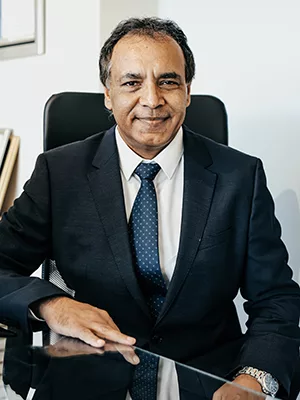
INSPIRING TEACHING AND KNOWLEDGE
In 2022, Wits University celebrated its 100th anniversary and utilised the opportunity to galvanise the community and cement its place as one of the world’s greatest institutions, mapping a bright future for the school and further strengthening its impact.
“As we recently commemorated our centenary milestone, the university stands at a pivotal juncture to reflect on our rich history and chart a visionary path for the future, recognising our role in both the challenges and triumphs of SA’s past,” Madhi informs.
As the institution continues to look towards another 100 years, it is emphasising key initiatives such as embracing inclusive excellence, advancing transformative research, strengthening community engagement, fostering global partnerships, and promoting dialogue and reconciliation.
To ensure inclusive excellence, Wits University aims to foster an environment in which diversity is not only acknowledged but celebrated.
“By promoting policies that ensure equal access to education, we are dedicated to breaking down barriers that have historically marginalised certain groups,” he expands.
As such, scholarship programmes, outreach initiatives, and partnerships with underrepresented communities are central to the university’s mission.
Additionally, the school has come to differentiate itself from other places of higher education through its continued academic excellence, research and innovation, historical significance, prime location, alumni network, and facilities and resources.
“We are situated in Johannesburg, the economic heart of SA. This urban setting offers a vibrant culture and social experiences, complementing academic life,” details Professor Madhi.
This hub for progressive thought and activism is equipped with state-of-the-art facilities, including modern laboratories, libraries, and technology resources, supporting both learning and research activities alongside hosting several specialised research institutes and centres.
The university’s alumni network is strong and influential, boasting notable figures in various fields such as politics, business, science, and the arts. This network provides valuable connections and opportunities for current students and graduates.
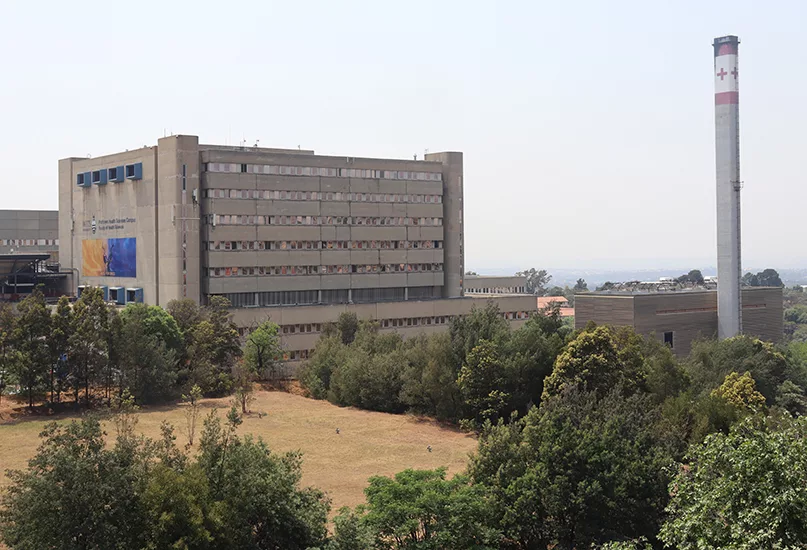
ENSURING BETTER HEALTH FOR ALL
Currently, Wits University is engaged in myriad projects and initiatives which act as an investment towards its continued future as a leader in education, scientific innovation, and social justice.
One such project is the Wits Bara Satellite Campus at the Chris Hani Baragwanath Academic Hospital, which is expected to be completed by December 2024.
This pioneering development is set to create a dedicated space for those working in the hospital.
“It is our belief that this project will significantly enhance the academic and practical experiences of our staff and students,” explains Madhi.
The satellite campus will not only foster a more integrated and collaborative learning environment, bridging the gap between theoretical knowledge and clinical application, but also represent the university’s commitment to advancing healthcare education by closely aligning academic pursuits with real-world medical experiences.
In parallel to these various initiatives, Wits University is highlighting further priorities, including human capacity developments, research initiatives, and curriculum rejuvenation.
Recognising the need to support and develop its people, the institution is formulating and implementing a comprehensive strategy that aims to cultivate the next generation of academics through the enhancement of postgraduate throughput rates and targeted expansion of postgraduate programmes and courses, thereby fulfilling educational and research imperatives.
Wits University is also undertaking an extensive review of its MBBCh programme that reflects its dedication to evolving with the needs of 21st-century healthcare.
“The MBBCh class starting in 2024 will be the first to embark on a revamped curriculum, which will spiral through the rest of students’ training. The implementation of this new programme is designed to enrich their journey and equip them with the knowledge and skills needed to excel in the modern healthcare environment,” distinguishes Madhi.
The changes to the MBBCh curriculum come at a critical juncture in the provision of healthcare, particularly with the rapid advances in large language models such as AI. Already, tools such as ChatGPT have been shown to outperform clinicians in the diagnosis of complex medical conditions as well as demonstrate higher levels of empathy towards patients.
“Consequently, it is imperative that as part of the education of future doctors and other healthcare disciplines, we incorporate AI into medical training and practices, ensuring we upskill healthcare workers for the 21st century,” concludes Madhi.
